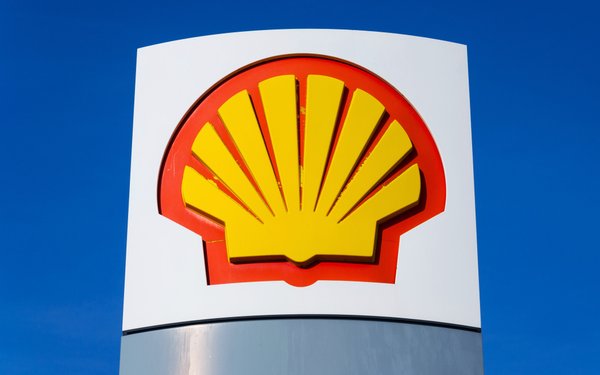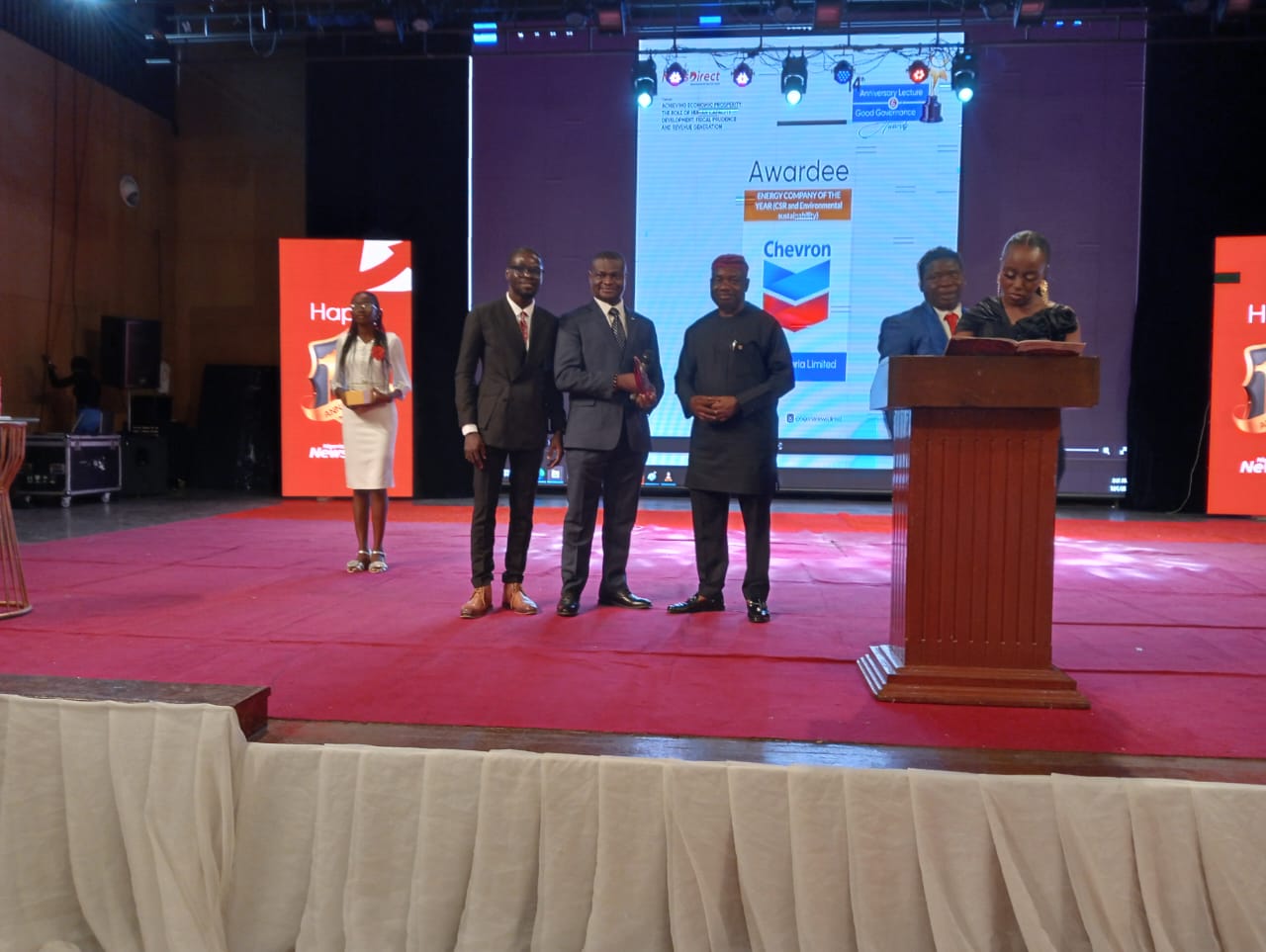Energy
Experts point to Solar, Coal, Hydro power, as gas challenges persist

ABUJA – Gas supply shortages affecting power supply in many parts of the country have reinforced the need for the government to speed up efforts at diversifying the nation’s power generation mix, which is currently largely dependent on gas, analysts have said.
Nigeria’s electricity generation has continued to fluctuate between 2,500 megawatts (MW) and 4,600 MW in recent years, with the failure of the federal government to achieve its planned 10,000 MW by December 2013.
Meanwhile, the country, with a population of about 170 million people, is estimated to need about 40,000 MW of electricity over the next decade, but current generation capacity falls far short of the almost 13,000 MW required to meet current peak demand.
Experts say diversification of the generation mix would help to lift power supply in the nation.
 They add that to minimise the current supply challenges being faced with gas supply, other fuel sources such as solar, coal and hydro-power should be fully explored in order to ensure diversified electricity sources that will promote electricity availability and reliability.
They add that to minimise the current supply challenges being faced with gas supply, other fuel sources such as solar, coal and hydro-power should be fully explored in order to ensure diversified electricity sources that will promote electricity availability and reliability.
The need for more incentives to boost the commercialisation of renewable energy technology in the country as alternative source of electricity supply was identified as critical to facilitating further investments.
“There is no doubt Nigeria needs to diversify its energy resource inputs for power. Gas is better as a peak demand source. Coal serves well as a base-load source. I am an advocate of energy resource mix in the power sector. The use of oil to power generators is ludicrous and a waste of a scarce resource.
“ Nigeria must wake up to that. But if we have to rely on gas as a transition fuel, we must explore more aggressively, but we are not. Neither are we doing much for coal as we should,” said Wumi Iledare, president of the International Association for Energy Economics and director, Emerald Energy Institute, University of Port Harcourt.
Atedo Peterside, chairman of the Technical Committee, National Council on Privatisation, speaking at a conference weeks back, had said that while gas supply constraints arising from capacity shortfalls/lags could be foreseen, the impact of pipeline vandalisation was not so predictable and could induce damaging shocks to the health of the entire electricity value chain.
“It has become increasingly likely that renewable energies will provide more of the world’s electricity than gas-fired power plants by 2016, as its declining cost profile positions it to compete more vigorously with fossil fuels”, says a new report by Ecobank Oil, Gas and Energy Research headed by Rolake Akinkugbe.
According to the report titled ‘Fully charged: Key dynamics in Middle Africa’s Power Sector in 2014’, Ghana is leading the rest of West Africa in driving the renewable energy agenda with its 2011 Renewable Energy Act. The country plans to invest at least $1 billion in renewable energy projects in next 7 years to 2020.
“Costs tend to be high for renewable energy projects in Africa due to equipment imports, higher internal transport costs, import levies. Developing local manufacturing capabilities and increasing the share of local content for renewable power generation projects can help reduce costs, which are predicted to decline over time,” the report said.
Adeola Adenikinju, president of Nigerian Association for Energy Economics and director, Centre for Petroleum, Energy Economics and Law, University of Ibadan, said in the short term, the focus would remain on gas due to a number of economic factors and the relatively shorter term of completing a gas-fired thermal plant.
“However, in the medium term and to avoid or minimise the current challenges we are facing with gas supply, we must be thinking of dual-fuel plants, and other fuel sources both renewable and non-renewable, in order to ensure energy security, a diversified electricity source that will promote electricity availability, reliability and enhance electricity access,” he said.
Adenikinju added that there are currently very limited incentives to boost commercialisation of renewable energy technology as alternative source to electricity supply, citing Germany and China as examples worth studying for Nigeria.
The Ecobank report released on January 30, 2014 stated that the full penetration of renewable energy into the African market would largely hinge on investment security underpinned by regulation.
“Many countries in sub-Saharan Africa have renewable potential that is many times their current demand for electricity, but most private sector executives view national targets and Feed-in-Tariffs as the most powerful incentive mechanisms required to accelerate renewable energy development in the region,” the report said.
Oladiran Ajayi, energy expert and a senior associate with Templars law firm, said considering the relative costs of alternative sources of energy, the nation should pursue them, but not at the expense of gas development.
Last year in August, the federal government signed a $3.7bn memorandum of understanding with a Nigerian-Chinese consortium, HTG-Pacific Energy, for the development of a 1000- to 1200-MW coal-fired power plant in Enugu state. The plant is expected to be operational in the next four years.
Also, in late January the government said it was building over 200 new dams in order to achieve its target of 10,000MW of electricity at the end of this year, according to Vice President Namadi Sambo.
Nigeria, with a population of about 170 million people, is estimated to need about 40,000 MW of electricity over the next decade, but current generation capacity falls far short of the almost 13,000 MW required to meet peak demand.
– BUSINESS DAY
Energy
Dangote Partnership: MRS Urges Nigerians To Insist On N935/Litre Petrol Price Nationwide

MRS Oil Nigeria Plc, a prominent player in the Nigerian downstream oil industry, has implemented a new petrol price of N935 per litre across all its retail service stations nationwide.
The company has also called on Nigerians to monitor and report any outlets that fail to adhere to the new price structure.
Biztellers reports that this is consequent upon an announcement by the President of Dangote Industries Limited, Aliko Dangote, that the Dangote Petroleum Refinery has partnered with MRS Oil and Gas to offer petrol at N935 per litre at retail outlets, following a reduction in the ex-depot price from N970 to N899.50 per litre.
ALSO READ: Dangote Slashes PMS Price To N899.50k
It was gathered that MRS Oil Nigeria Plc has instructed all its outlets to implement the new price immediately, setting up a digital platform and monitoring team to ensure full compliance.
In a statement on Monday night, the company declared, “Petrol is now being sold at N935 at MRS Filling Stations nationwide. If you find any station not following this price, please report it. Call 08009447853 or email: NG-FMKPMGWHISTLEBLOWING@NG.KPMG.COM”
Emphasising the eco-friendly nature of its products, MRS Oil added, “We call on all petrol station owners to join MRS Oil Nigeria Plc in improving the supply chain of our beloved country, ensuring product quality and availability in every corner of Nigeria for the benefit of all Nigerians.”
In Lagos, commuters were seen queuing at MRS filling stations to purchase petrol, with many expressing their gratitude to the Dangote Petroleum Refinery and MRS Oil and Gas, urging other marketers to support the indigenous refinery rather than import off-spec products into the country.
A commuter at the MRS station at Alapere on the Lagos Ibadan Express way, Ibukun Phillips, could not hide her joy as her husband filled up their car.
“I am very happy today. This is a victory for Nigeria,” she said. “The price reduction is the best gift of the season. But beyond just the reduction, we are buying standard, eco-friendly petrol at a lower rate. My husband and I have decided we will only be using MRS from now on because we are confident in the quality of the product and supporting the economy.”
A commercial bus driver, Adio Ajibade described the price reduction as a great relief, especially during the festive season.
“The reduction is a great relief. It will reduce transportation costs and benefit Nigerians. God will continue to bless Alhaji Aliko Dangote,” he said.
A public affairs analyst and university lecturer, Dr. Tunde Akanni, said the collaboration between Dangote Petroleum Refinery and MRS Oil represents a significant step towards improving the affordability, quality, and sustainability of petroleum products in Nigeria.
According to Dr. Akanni, “this move will not only help ease the financial burden on Nigerians but also promote a more environmentally conscious approach to fuel consumption, benefitting both the economy and public health in the long term.”
Energy
FDI: Shell To Invest Billions Of Dollars On Nigeria’s Bonga North Oil Field

As a direct implication of the Federal Government’s Foreign Direct Investment drive, the Royal Dutch Shell has completed the final investment decision on the deep offshore Bonga North project in Nigeria.
Biztellers reports that the Bonga North will be a subsea tie-back to the Shell-operated Bonga Floating Production Storage and Offloading (FPSO) facility which Shell operates with a 55% interest.
Shell’s Integrated Gas and Upstream Director, Zoë Yujnovich, said, “This is another significant investment, which will help us to maintain stable liquids production from our advantaged Upstream portfolio”.
ALSO READ: OGUNCCIMA Commends Dangote Refinery’s Impact
It was gathered that the Bonga North project involves drilling, completing, and starting up 16 wells (8 production and 8 water injection wells), modifications to the existing Bonga Main FPSO and the installation of new subsea hardware tied back to the FPSO.
The company is optimistic that the project will sustain oil and gas production at the Bonga facility.
The Bonga North currently has an estimated recoverable resource volume of more than 300 million barrels of oil equivalent (boe) and will reach a peak production of 110,000 barrels of oil a day, with first oil anticipated by the end of the decade.
In addition, the Bonga North will help ensure Shell’s leading Integrated Gas and Upstream business continues to drive cash generation into the next decade.
Energy
Chevron Nigeria Bags ‘Energy Company Of The Year For Environmental Sustainability And CSR

Chevron Nigeria Limited (CNL), has received an award as “Energy company of the year (2024)” for its Environmental Sustainability and Corporate Responsibility accomplishments.
The award presented by the Nigerian News Direct newspaper, on Friday December 6, 2024, and was received by Manager Communications, Chevron Nigeria and Mid-Africa Business Unit, Victor Anyaegbudike, at a colourful event at the Grand Ballroom of the Oriental Hotel, Lagos.
ALSO READ: Stakeholders Hail NCDMB As Local Content Level Hits 56%
The organizers of the award noted that Chevron has implemented the “Protecting People and the Environment” policy, which aims at preventing injuries, illnesses, and environmental incidents. They also referenced that the company has achieved 97% gas flaring reduction in its operations in Nigeria, while implementing waste management and environmental conservation programs.
According to the media organization, Chevron Nigeria has also invested millions of dollars in community development programs, supporting education, health and economic development initiatives that have benefited thousands of people, while ensuring diversity, inclusion, and employee engagement in its business operations.
Receiving the award from the Lagos State Commissioner for Information and Strategy, Gbenga Omotosho, Anyaegbudike thanked the organizers for the honour, and reiterated Chevron’s commitment to continue to develop, affordable, reliable and ever-cleaner energy that enables human progress around the world.















